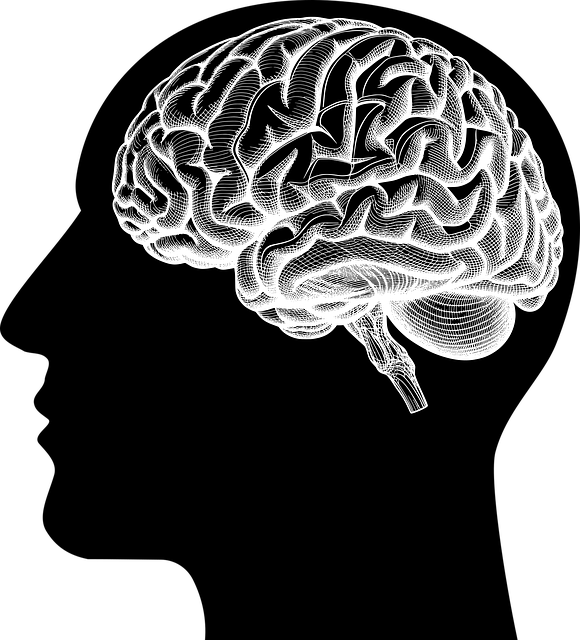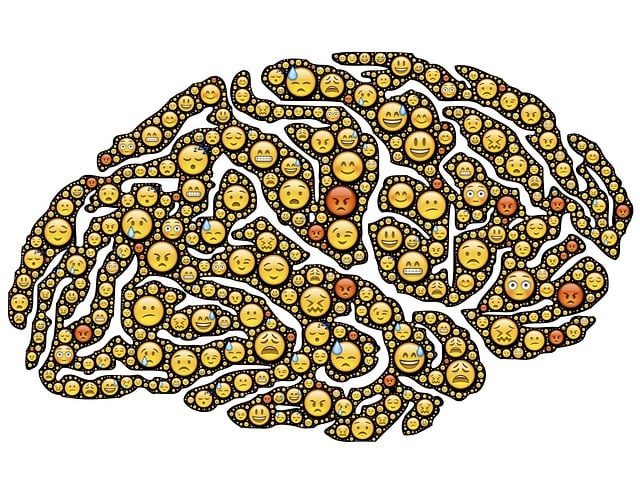Cultural competency, particularly in a diverse city like Arvada, is crucial for positive patient experiences and improved mental health outcomes. Arvada German Speaking Therapy offers specialized services catering to the needs of the local German-speaking community by providing therapy in their primary language, German. This inclusive approach builds trust, enhances engagement, and addresses specific cultural expectations related to mental health. Effective training for healthcare providers includes tailored programs, community outreach, burnout prevention strategies, and continuous improvement measured through quantitative and qualitative feedback. These measures ensure culturally sensitive care tailored to each patient's unique needs in a multicultural community like Arvada.
Cultural competency training is an essential aspect of modern healthcare, ensuring providers can offer quality care that respects and understands diverse patient backgrounds. This article explores this crucial topic, focusing on the unique approach of Arvada German Speaking Therapy. We delve into the significance of cultural competency, present a successful therapy model, outline key training components, and discuss measuring the impact. By examining these aspects, we aim to highlight effective strategies for healthcare provider education, drawing insights from innovative programs like Arvada German Speaking Therapy.
- Understanding Cultural Competency in Healthcare: Why It Matters
- The Arvada German Speaking Therapy Approach
- Key Components of Effective Training Programs
- Measuring Success and Continuous Improvement
Understanding Cultural Competency in Healthcare: Why It Matters

Cultural competency in healthcare is a crucial aspect that often goes overlooked but significantly impacts patient outcomes and overall satisfaction. It refers to the ability of healthcare providers to understand, appreciate, and respect diverse cultural backgrounds, beliefs, and practices within their patient population. In a multicultural society like Arvada, where individuals from various ethnic groups reside, this competency becomes an essential tool for fostering effective communication and delivering quality care.
When healthcare professionals are culturally sensitive, they can better address the unique needs of patients who may have specific cultural expectations or concerns related to their mental health. For instance, offering German-speaking therapy services in Arvada caters to the needs of a significant portion of the community. This approach not only promotes inclusivity but also ensures anxiety relief and supports mental wellness coaching programs development by creating an environment where patients feel understood and comfortable seeking help. Cultural sensitivity in mental healthcare practice is key to building trust, improving patient engagement, and ultimately enhancing overall mental health outcomes.
The Arvada German Speaking Therapy Approach

In Arvada, a unique and specialized therapy approach caters to the German-speaking community: the Arvada German Speaking Therapy. This initiative recognizes the cultural significance of language in therapeutic settings and aims to provide a safe and comfortable environment for individuals who prefer or require German as the primary medium of communication. The therapy approach not only focuses on addressing specific mental health concerns but also emphasizes the importance of emotional regulation and self-care routine development for better mental health.
Through this methodology, therapists facilitate open dialogue, enabling clients to explore and express their emotions in a culturally familiar context. Additionally, it assists mental health professionals in performing comprehensive risk assessments, ensuring tailored care that respects individual cultural backgrounds. The Arvada German Speaking Therapy is a pioneering step towards enhancing accessibility and inclusivity in healthcare, catering to the unique needs of the German-speaking population in an increasingly diverse society.
Key Components of Effective Training Programs

Effective cultural competency training programs for healthcare providers are multifaceted and tailored to address diverse community needs. One key component is incorporating Arvada German-speaking therapy options, ensuring providers can communicate effectively with patients from various ethnic and linguistic backgrounds. This involves not only language skills but also an understanding of cultural nuances, beliefs, and practices that influence health care seeking behaviors and expectations.
Beyond language acquisition, successful programs emphasize community outreach program implementation to build trust and collaboration within diverse communities. Incorporating burnout prevention strategies for healthcare providers, such as self-awareness exercises and mindfulness techniques, is also vital. These strategies not only support provider well-being but also enable them to be more present and empathetic when interacting with culturally diverse patients.
Measuring Success and Continuous Improvement

Measuring success and driving continuous improvement are paramount components of any impactful healthcare provider cultural competency training program, especially in diverse communities like Arvada with a significant German-speaking population. Evaluating the effectiveness of training initiatives requires a multi-faceted approach. Quantitative metrics such as participant satisfaction scores and post-training knowledge assessments offer tangible insights into the immediate impact. However, qualitative feedback through focus groups or individual interviews provide deeper understanding of participants’ experiences and practical application of learned skills in real-world scenarios, including their ability to enhance care for German-speaking patients.
Continuous improvement necessitates regular review and refinement of training content and delivery methods based on collected data and feedback. Incorporating elements like Emotional Intelligence and Inner Strength Development can further enrich the training experience by fostering empathetic connections with diverse patient populations, ultimately enhancing cultural competency. By seamlessly integrating these aspects, healthcare providers become more adept at navigating complex cultural nuances and delivering culturally sensitive care tailored to the unique needs of every patient, including those from the German-speaking community in Arvada.
Cultural competency training, as demonstrated by the innovative Arvada German Speaking Therapy approach, is an indispensable asset for healthcare providers. By understanding and embracing diverse cultural perspectives, we can significantly improve patient outcomes and create more inclusive care environments. Effective training programs, focused on key components like cross-cultural communication, bias awareness, and community engagement, are essential tools in this process. Continuous measurement of success allows us to refine these programs, ultimately fostering a more culturally competent healthcare system that benefits all patients, regardless of their background or language.














